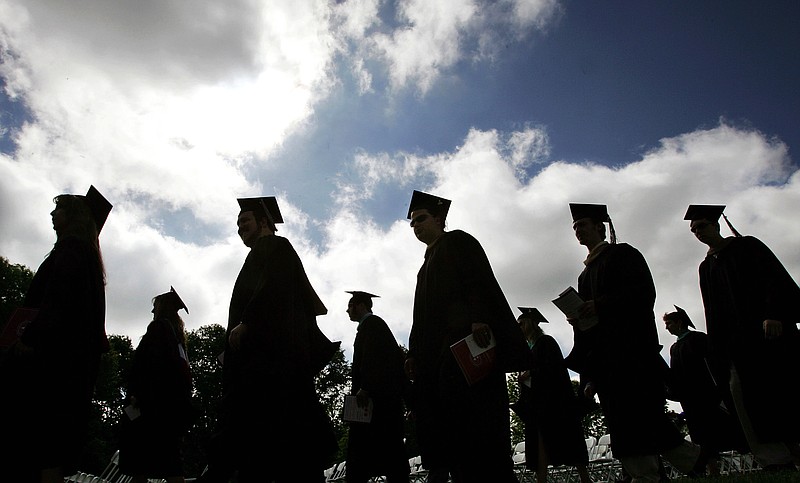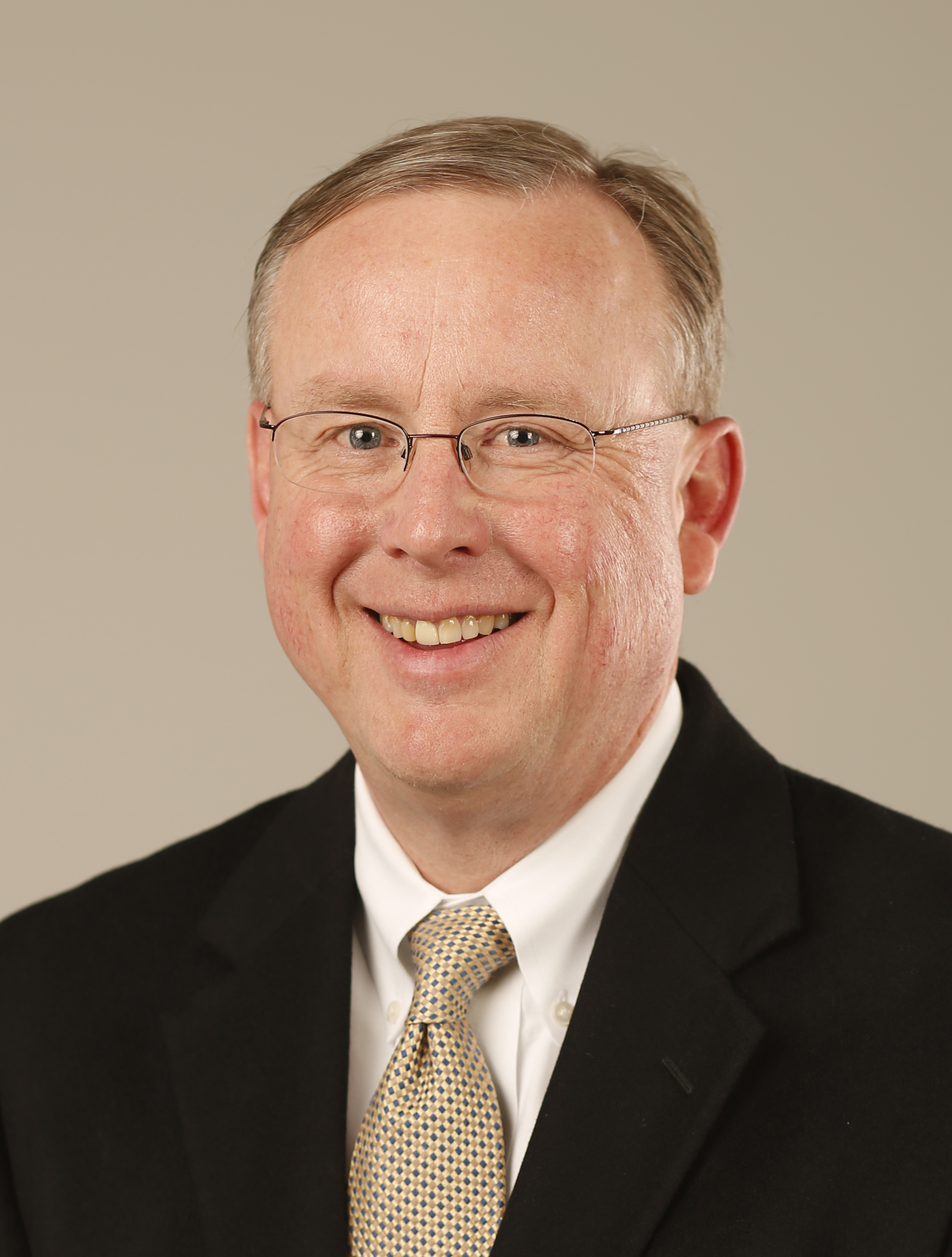At 60, I'm finally ready for college.
Going on campus visits with my 16-year-old son has led me to this conclusion.
I feel like college - especially attending a small, liberal arts school - would be like heaven for me and people of my generation, a segment of late-stage baby boomers I call "junior-seniors."
I earned a degree at a large state college in 1980, but it felt more like a duty than a joy. Back then, I considered a B.S. degree an "admit-one" ticket to the middle class.
I remember college in the late 1970s through a haze of beer and a maze of urges. Any learning was accidental.
Now, going to college sounds invigorating, a way to frame a lifetime of experiences. Reading and writing all day long, interrupted with breaks for seminars and soft-serve ice cream, sounds like Nirvana. Plus, I can type better now, and I could copy-edit my own term papers. I can also make words line up and march.
At ages 18 to 22, I was a reluctant student, a ball of anxiety and nervous energy that I vented through drumming. I remember taking a world-politics class and being cast as the leader of Taiwan. I was so shy that I barely spoke for the whole semester, although class participation was required. Bulldozed by extroverts representing Russia and China, I was miserable. I think I made a C, which was an act of charity on the professor's part.
Now, in group discussions I'm the person who would be voted "least likely to shut up." I even think I'd make a respectable Taiwan now - willing to bark at China if needed, like a little dog guarding the back door. I think I could also clearly express my needs to a benevolent ally like the United States.
All this raises a question: Is college sometimes wasted on the young? Not on all young people, I mean, but the people like me who aren't fully engaged as young adults?
A liberal arts education is supposed to give you the tools to be a thoughtful adult. But what if college came after navigating a career, raising a family and absorbing a few hard knocks along the way. Would the experience be richer? Would the learning be more intense?
Whenever my son and I visit colleges, the guides invariably tell us about their school's commitment to diversity. What they really mean is gender, racial and ethnic diversity, not age diversity.
What if every college class had a representative smattering of seniors? Would the experience be better for everyone - even, I dare say, for a midlife professor who might appreciate having a little light reflected from a different direction?
There are probably a million reasons why this idea is flawed. And I know that class auditing does exist. But what if it were formalized and encouraged for seniors?
Sad to say, but I have come to the conclusion that much of what we call political polarization these days is really a clash of generations. A mass integration of seniors onto a college campus might help change the culture a little. Or at least improve the national mood.
View other columns by Mark Kennedy
When I was younger I worked alongside a man who went to law school in his 70s. I was in my mid-20s at the time, but I had long discussions with him in the newspaper library.
His name was John Popham, a WWII veteran who was one of the best journalists of his generation. For Mr. Popham, going to law school as a senior was as natural as rain. He earned a law degree at age 72.
He was onto something that I didn't fully understand back then.
But I think I do now.
As long as your heart is pumping, your brain doesn't have an expiration date.
Contact Mark Kennedy at mkennedy@timesfreepress.com or 423-757-6645.

